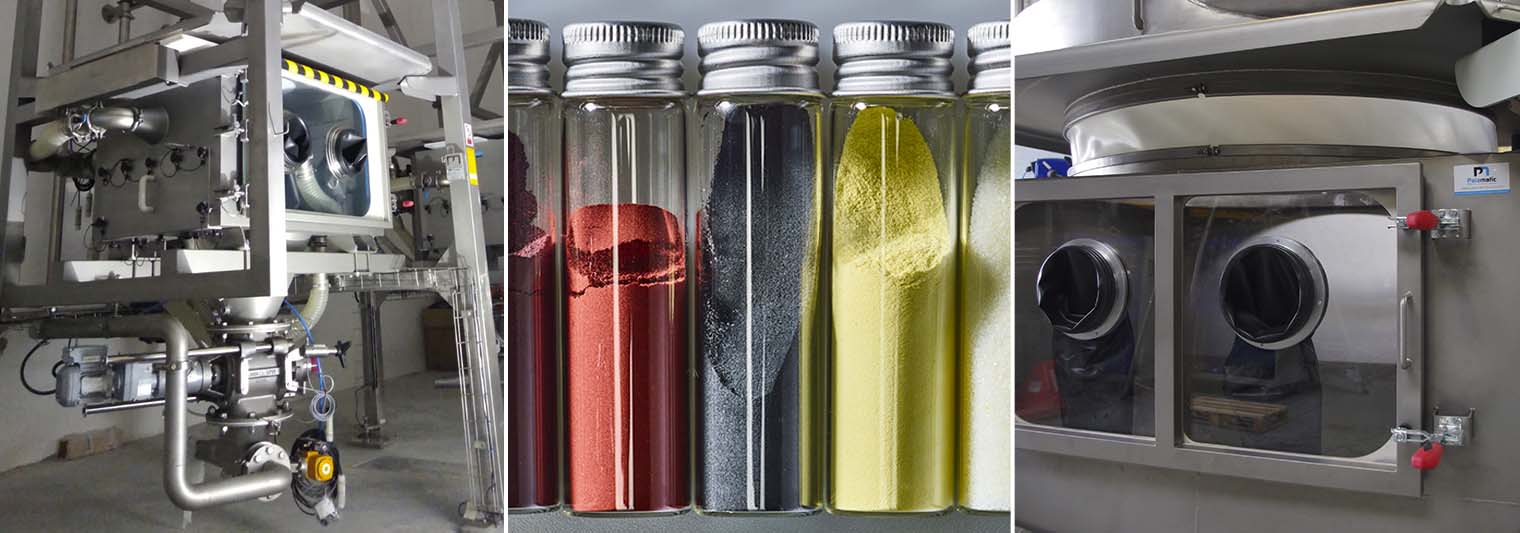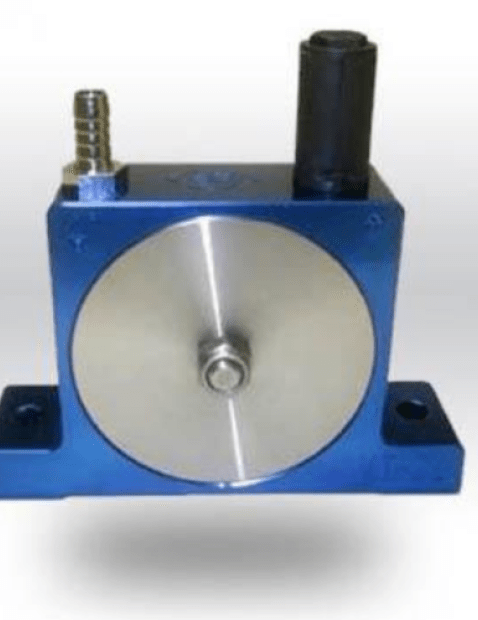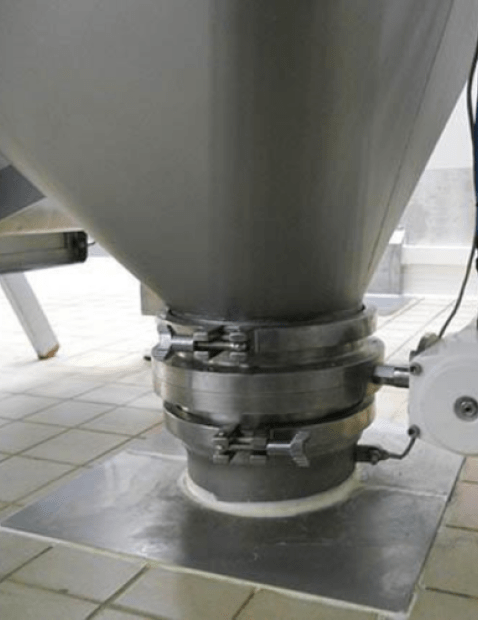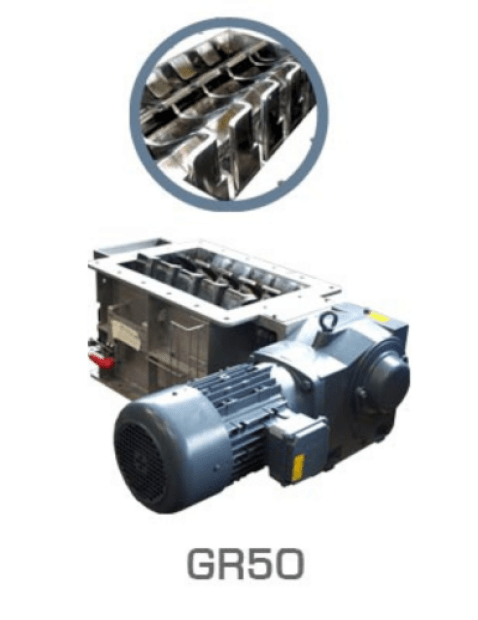
The CRM and toxic powders used in the manufacture of lithium-ion battery cathodes present major health and environmental risks. These substances, composed mainly of lithium, nickel, cobalt and manganese, require extremely careful handling. Exposure to these powders can cause respiratory problems, skin irritation and even long-term carcinogenic risks.
Containment equipment and powder handling solutions play a major role. They protect workers' health, prevent environmental contamination, maintain material quality and purity, and ensure compliance with strict industry regulations. Innovative technologies can improve your production process and ensure safe and sustainable working conditions.
1. Defining CRM and toxic powders
The CRM and toxic powders used in the battery industry mainly comprise lithium, nickel, cobalt and manganese compounds. These materials are essential to the manufacture of lithium-ion battery cathodes, but present significant health and environmental risks.
2. The importance of containment in the battery industry
The production of lithium-ion batteries relies on lithium, nickel, cobalt and manganese compounds, which are essential for the cathodes. However, these materials present significant health and environmental risks.
- Lithium, used in anodes, can pollute water and soil when extracted.
- Nickel, which improves energy density, is a known allergen.
- Cobalt, which is crucial to the stability of cathodes, is often extracted under dangerous conditions and can cause respiratory diseases and cancer.
- Manganese, used for thermal stability, can cause neurological disorders.
Protecting workers' health
CRM powders can present health risks to workers, such as inhalation of fine particles, skin contact or accidental ingestion. Containment equipment, such as glove boxes, pneumatic transfer systems and high-efficiency filters, reduce workers' exposure to these substances and minimise the risks to their health.
Preventing environmental contamination
During battery production, CRM powders can be dispersed in the air in the form of fine particles, which can lead to air pollution. These particles can be inhaled by workers and local populations, causing respiratory problems and other illnesses. In addition, the powders can be deposited on soil and water surfaces, contaminating local ecosystems. Soil contamination can affect plant growth and animal health, while water pollution can harm aquatic fauna and flora.
To prevent these environmental impacts, it is important to use containment equipment and powder handling solutions. Containment systems, for emptying bags or bulk bags, and closed enclosures help to contain powders and minimise their dispersion in the air. Filtration systems can also be used to capture fine particles and prevent their release into the environment.
Bulk bag emptying station - Glove box - Easyflow EF2
Powder handling solutions include dust-free transfer techniques, controlled ventilation systems and rigorous cleaning procedures. These measures help to control emissions during production processes and reduce the risk of environmental contamination. For example, the use of hermetically sealed containers for the transport and storage of CRM powders can prevent leaks and accidental spills.
Maintaining the quality and purity of materials
The quality and purity of CRM powders are crucial to the performance and durability of lithium-ion batteries. Containment equipment and powder handling solutions help prevent cross-contamination, reduce material losses and maintain powder integrity throughout the production process.
Compliance with stringent industry regulations
Industries handling CRM powders are subject to strict safety, occupational health and environmental protection regulations. Containment equipment and powder handling solutions help companies comply with these regulations by ensuring safe working conditions, preventing environmental contamination and ensuring traceability of materials.

Do you need personal advice?
I am available to accompany you.
Tarik, powder expert
3. Safety and regulatory issues
The safety issues involved in handling these powders are significant. Exposure can lead to respiratory problems, skin irritation and, in the long term, carcinogenic risks.
On the regulatory front, manufacturers have to comply with increasingly strict standards, particularly in terms of worker protection and waste management.
Training workers in best practice for handling CRM powders is essential. Employees must be aware of the risks associated with these materials and be trained in the use of personal protective equipment (PPE) and containment systems.
Regular monitoring of air and water quality in production areas can also help to detect and correct contamination problems quickly.



















